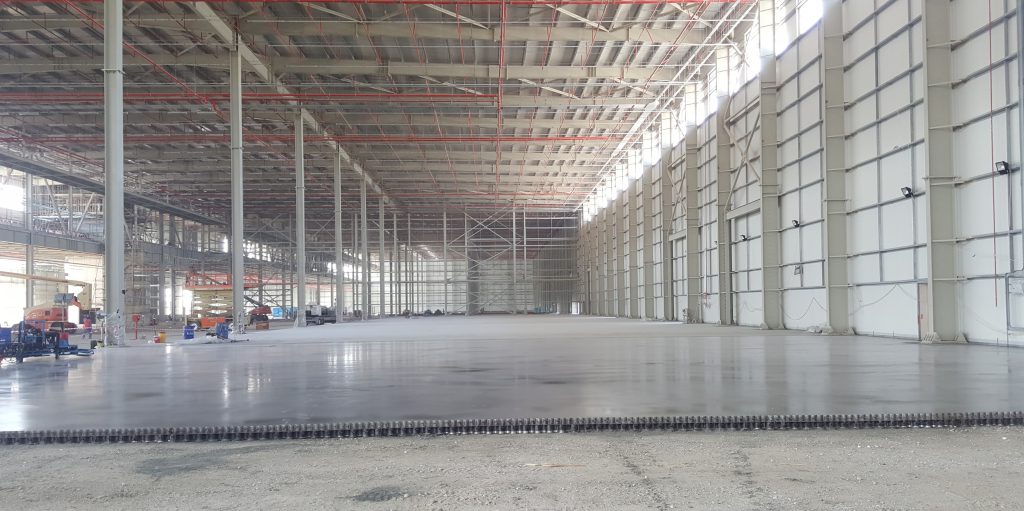Urgent Need for Flexible Logistics Space Due to Covid-19 Panic Buying
1st April 2020

Latest research by Colliers International reveals that food production is currently up by 50 per cent, due to panic buying and as a result, the COVID-19 pandemic has unleashed an uptick in flexible requirements for industrial and logistics assets. Subsequently, occupiers who manufacture or distribute essential items are in urgent need of flexible space to keep up with the increase in demand, according to the real estate advisor.
Len Rosso, Head of Industrial and Logistics at Colliers International commented: “With central banks around the world slashing base rates and injecting liquidity into the financial markets and governments implementing public spending and fiscal stimulus measures to limit the social and economic damage, the public in the UK, and in some instances in France and the US, has responded with panic buying. There has been a rush for stockpiling essential items and purchasing goods which can alleviate social isolation such as fridge freezers, gym equipment and other such items.
“Amazon, Ocado and all the major UK supermarkets have huge backlogs of orders and it is not possible to book a delivery online so with this in mind, companies are implementing their contingency plans and some are in need of urgent flexible or short term space.”
As companies reduce their output, some shutting down completely in Europe and the US, global supply chains are increasingly dealing with imbalances, bottle necking but also a drop in goods flows.
Chris Evans, supply chain specialist at Colliers International added: “Supply chains for groceries, toiletries and medical items are strained but it is not that the items do not get to stores, but they do not get there fast enough. There seems to be the impression that supermarkets and online retailers have not executed their contingency plans fast enough. However, that said, the government was not fast enough either to communicate the risks of the outbreak of this pandemic. We expect the UK supply chains to adjust quickly to meet this upsurge in demand for essential items.
“To add to the challenge, there is a driver shortage as large numbers of Romanian drivers have headed home only to get stuck in Hungary or other borders in Europe. Moreover, Spanish, French and Italian lorry drivers are not operating at capacity or are unable to work due to self-isolation.
“With regards to other warehouse operations some companies have introduced new shift patterns to split the shifts to clean down after each one and will clean again before the next shift with no interaction allowed between warehouse and office staff. This is not necessarily being adopted by every company but it will increasingly slowdown their stock replenishment and distribution operations.”
However, green shoots of positivity are on the horizon as in China, the containment of the virus has been successful so far and supply chain operations and manufacturing activity are slowly returning to their pre-outbreak level.
Colliers expects investors and developers to slowdown, if not pause, their development pipeline programme to de-risk their financial exposure while working more closely together with their occupier base to find mutually beneficial solutions.
Little rental growth for prime assets is expected whilst incentives will be moving out as GDP is set to contract. Prime assets will be more resilient and should this fight against this invisible enemy be won over the next few months, the sector will bounce back.
Len Rosso added: “We are dealing with an unprecedented challenge but this will also create opportunities for savvy investors. The industrial and logistics sector is better-placed than some other real estate sectors such as leisure and retail to weather this storm as all age cohorts will increasingly adjust to shopping online.”

